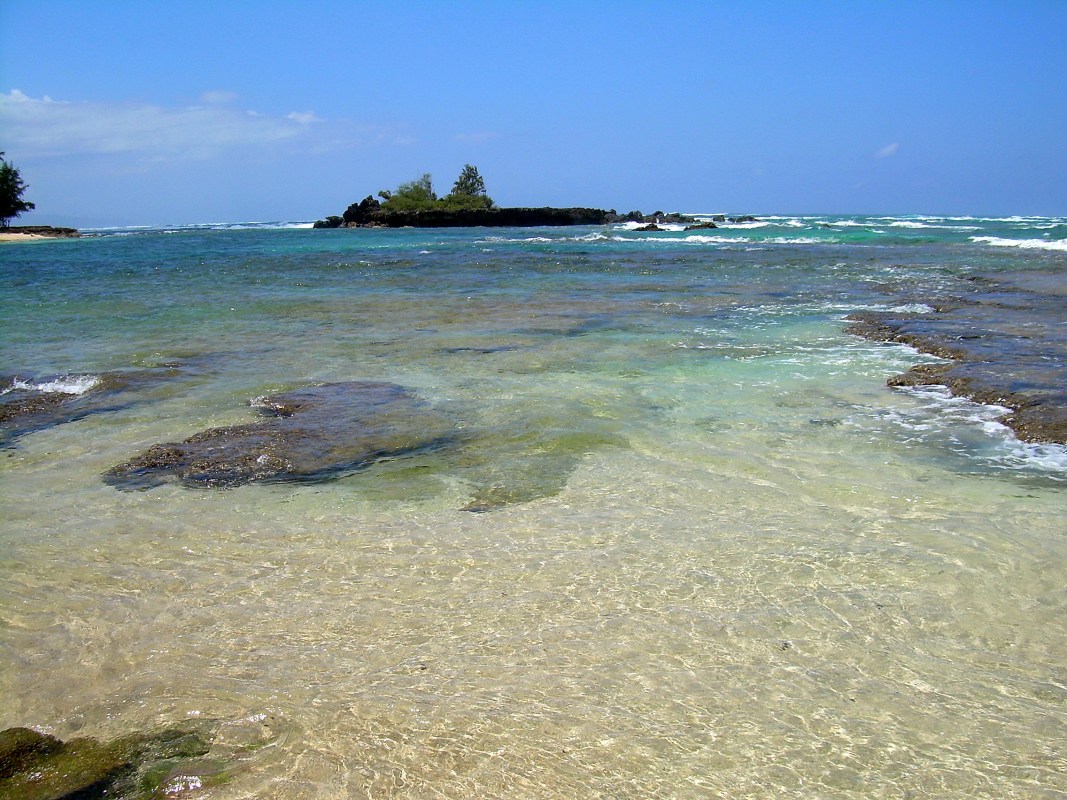Hawaii is known for its scenic landscapes and its gorgeous coastline, providing access to clear water and beaches to countless residents of the state. But an environmental law nominally designed to preserve that shoreline has sparked controversy — and it’s done so in a way that involves former President Barack Obama.
At the center of the issue are easements that developers and other property owners have been able to obtain for seawall repairs. Seawalls in Hawaii can be contentious; there’s no shortage of lawsuits surrounding the construction and maintenance of various seawalls across the state. As Sophie Cocke writes in a story for ProPublica, seawalls were originally built to keep buildings safe from the ocean, but are now viewed as harmful to keeping beaches intact.
The ProPublica story explores how one Marty Nesbitt dealt with a seawall when looking into a new property to purchase. The property had been preserved by the existence of a seawall, but questions remained over whether or not it remained environmentally beneficial.
[The sellers] asked state officials for something called an easement, a real estate tool that allows private property owners to essentially lease the public land that sits under the seawall. The cost: a one-time payment of $61,400. Officials with the state Department of Land and Natural Resources approved the permit, which authorized the wall for another 55 years, and Nesbitt purchased the property.
The whole deal takes on a greater political urgency given Nesbitt’s plan for the property, which includes a home for the Obamas. (Nesbitt and Barack Obama are longtime friends.) While this isn’t the only contentious seawall-related development out there, it has understandably sparked controversy given Obama’s own environmental record as president.
Hawaii’s beaches are considered to be a public trust, which makes the matter even more complex. Will this particular development prompt a shift in the state’s handling of seawalls? It might just be high-profile enough for that to be the case.
Subscribe here for our free daily newsletter.
Thanks for reading InsideHook. Sign up for our daily newsletter and be in the know.


















